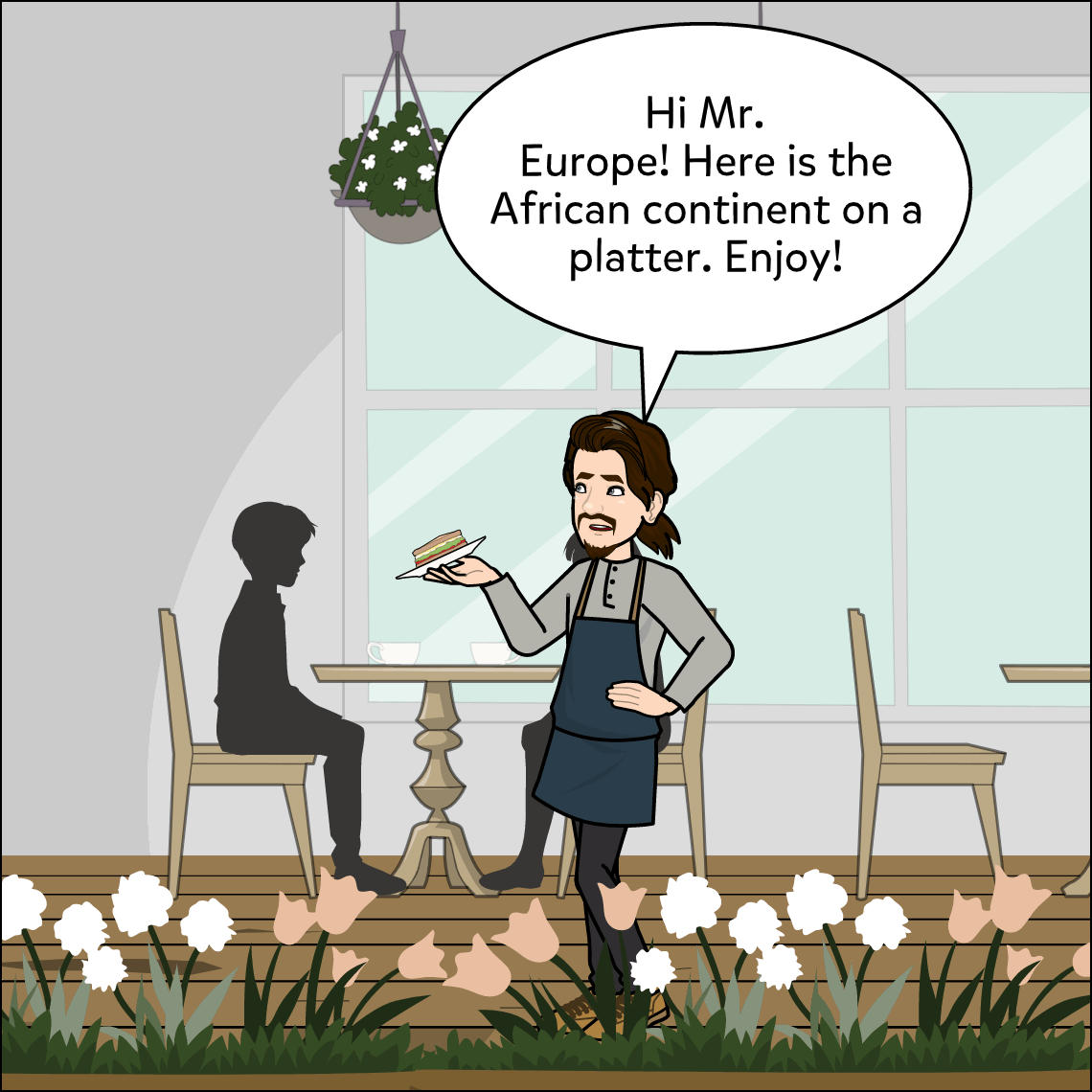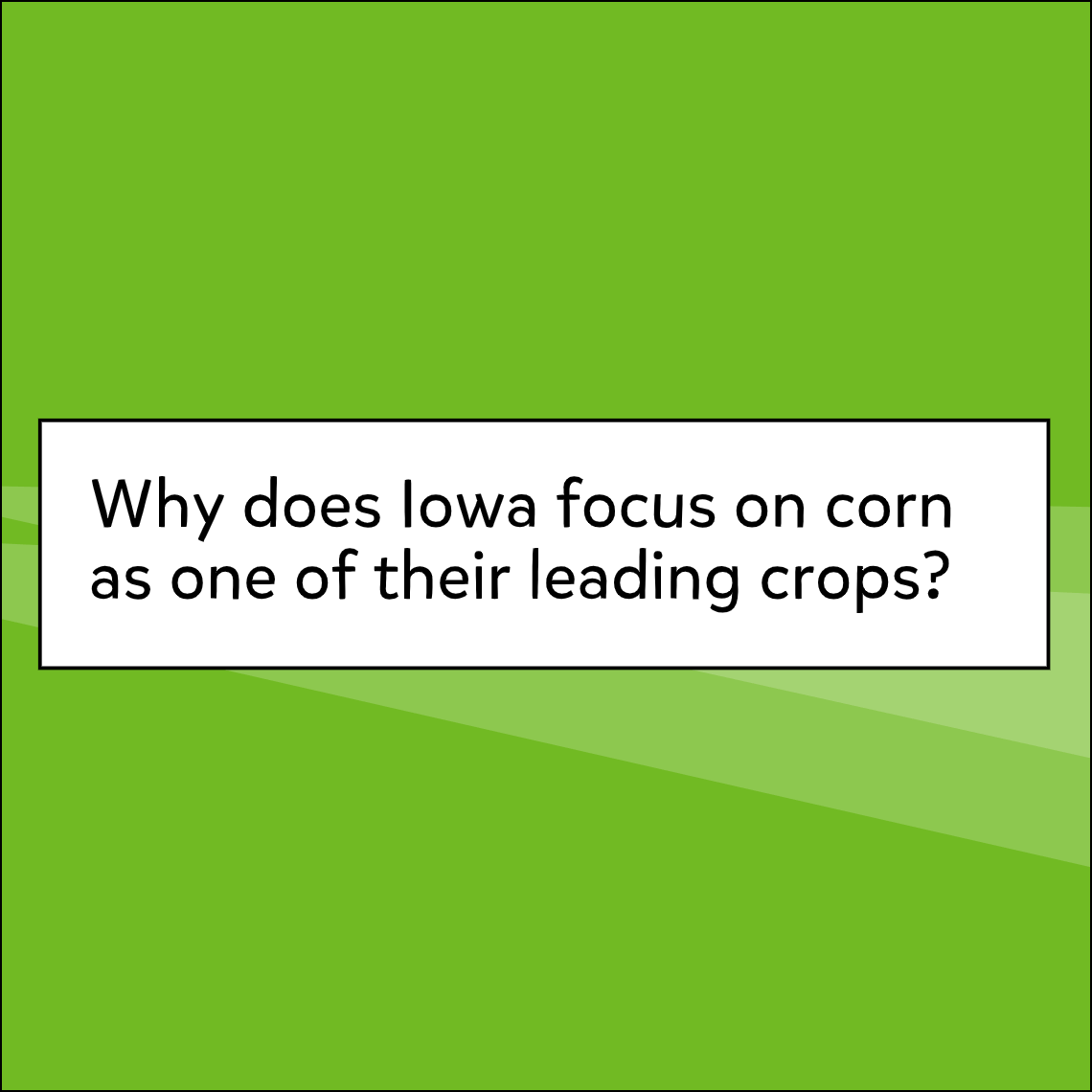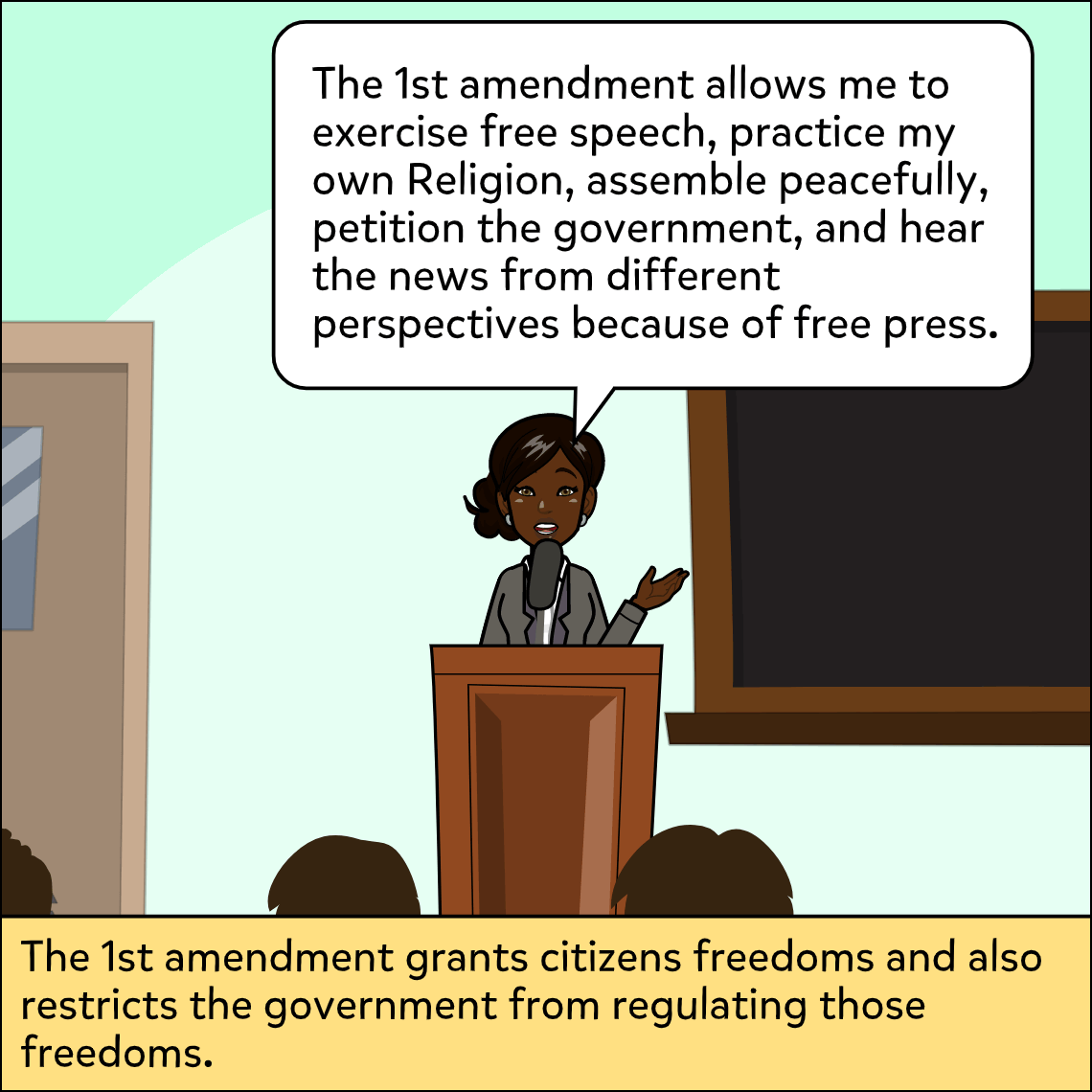Subject: ELA (English Language Arts)
Lesson Length: 45 mins - 1 hour
Topic: Punctuation, Capitalization, and Hyphenation
Brief Description: Students will understand the importance of punctuation in conveying meaning and improving readability in a sentence.
Know Before You Start: Students should be familiar with the rules of basic capitalization, punctuation, and hyphenation.
Hook:
- Ask students:
- “Have you ever read a text message or an email that was confusing because it had no punctuation? What was it like trying to understand it?”
- “Can you give an example of a sentence that changes its meaning depending on the placement of a comma?” (“Let’s eat, Grandma” is a popular example)
- “Provide some examples of words joined together with hyphens. When and why would we use them?”
Activity:
- Students will analyze sentences with punctuation, capitalization, and hyphenation errors and use a T-Chart graphic organizer to identify and categorize these errors.
- Students will create a T-Chart with two columns. Label the left column "Punctuation Errors" and the right column "Correction."
- Students will list the punctuation errors they find in the sentences below on the left side and provide the correct punctuation on the right side.
- "I went to the store i bought apples bananas and oranges.
- Errors: missing capitalization at the beginning, missing commas, and a missing period at the end.
- Correction: "I went to the store. I bought apples, bananas, and oranges."
- "i can't believe i have to go to the doctor and get three shots my arm hurts."
- Errors: missing capitalization at the beginning, missing apostrophe in "can't", missing periods.
- Correction: "I can't believe I have to go to the doctor and get three shots. My arm hurts."
- "The big red apple was delicious the small green ones were sour."
- Errors: missing period at the end of the first sentence, "the" should be capitalized at the beginning of the second sentence.
- Correction: "The big red apple was delicious. The small green ones were sour."
- "I'm going to the well known three day music festival in september i can't wait."
- Errors: missing period at the end of the first sentence, "i" should be capitalized at the beginning of the second sentence. "september" should be capitalized, "well-known" should be hyphenated.
- Correction: "I'm going to the well-known three-day music festival in September. I can't wait."
- "We hiked up a steep rocky mountain it was a ten mile trail."
- Errors: missing period at the end of the first sentence, "we" should be capitalized at the beginning of the second sentence, "ten" should be capitalized (if it's a proper noun), "ten mile" should be hyphenated as "ten-mile."
- Correction: "We hiked up a steep, rocky mountain. It was a ten-mile trail."
- "I went to the store i bought apples bananas and oranges.
- Have students create two comics. One with a mistake in either punctuation, capitalization, or hyphenation. The second comic should be the corrected version of the first comic. Each comic should visually depict the literal meaning of each caption.
- Students will use the sample comic as a model.
Closure:
- Have students share their comics with the class or in small groups.
- Have students explain how the importance of using correct punctuation and capitalization is conveyed, using their comics as models.
- Emphasize that punctuation and hyphenation are the unsung heroes of clear and effective writing, helping us convey our thoughts and ideas with precision and accuracy.
Differentiation:
- Allow students to work in pairs or groups as needed.
- Allow students to use the voiceover feature to read their comics aloud.
- Provide examples of sentences with incorrect punctuation and have students make a comic of the incorrect and correct versions:
- Additional Examples:
- "A woman, without her man, is nothing." vs. "A woman: without her, man is nothing."
- "Don't stop." vs. "Don't, stop."
- "We're going to learn to cut and paste kids!" vs. "We're going to learn to cut and paste, kids!"
- "I like cooking my family and my pets." vs. "I like cooking, my family, and my pets."
- "Most of the time, travelers worry about their luggage." vs. "Most of the time travelers worry about their luggage."
- Additional Examples:
Resources:
- Comic to print or display: Comic.
- T-Chart
- Purdue OWL: Punctuation
Suggested Content:
Suggested Story Starters:
 Library
Library
 Office
Office
 News Station
News Station


